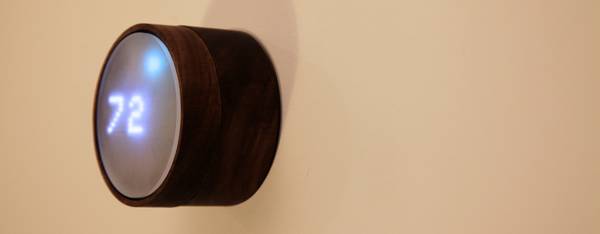As we have moved into the next phase of our class (the Google of 'Apple, Google, Facebook'), I couldn't help but notice how often we were googling Google.
We discussed during the Apple section of the course that Apple was pervasive in it's influence on the tech industry and on our culture in general. But it also seems that we are having a harder time getting our collective heads around what Google is. Who are they? What do they do? How do they do it? Why do they do it? Etc.
The questions just keep coming and there don't seem to be a lot of conclusions being reached. That seems to be a characteristic of Google -- that we can't pin them down or pigeon hole them. But my bigger question is how does that characteristic effect Google's place in the language of individualism that blankets our culture?
We have talked about that Google likes to "throw a bunch of stuff at the wall and see what sticks". This means that they have a hand in every technological pie. And while they may not strive to be the best or perfect version of every product they create (like Apple), their horizontal business strategy still lands themselves a front row seat in the tech industry.
In contrast to Apple's unattainable perfection, where even the assembly room was meant to be spotless, Google has maintained a more organic structure and appearance. This is visible even in the very beginning of Google. Douglas Edward's describes their "cage" (i.e. the place where all of Google's actual work is done, on computers and CPUs);
"More than fifteen hundred machines, each sprouting cables like Play-Doh pushed through a spaghetti press. Where other cages where right-angled and inorganic, Google's swarmed with life, a giant termite mound dense with frenetic activity and intercepting curves." (21)
These feeling of organized chaos has lived on in Google to this very day. With an every growing list of products, Google's ideas have become the Play-doh in the spaghetti press. But is that so bad? Is that really a less efficient, less valid business model (as some of my classmates may have hinted at)?
I would argue that Google is hard to pin down because we, all of Google's user's -- both collectively and individually --, are complicated, organic, contradictory, and just generally hard to pin down.
So while Google's search engine may be able to predict what I want when I search for "Gluten Free Cake Recipe", they still can't tell what I want -- or more accurately, will want -- for the next product I'll use.
Unlike Apple, who has mode of operation has seemed to be creating our needs based on their predictions, Google has decided that they with be as diverse as their users. So while Apple fits into our ideas of individualism, Google exemplifies it!
